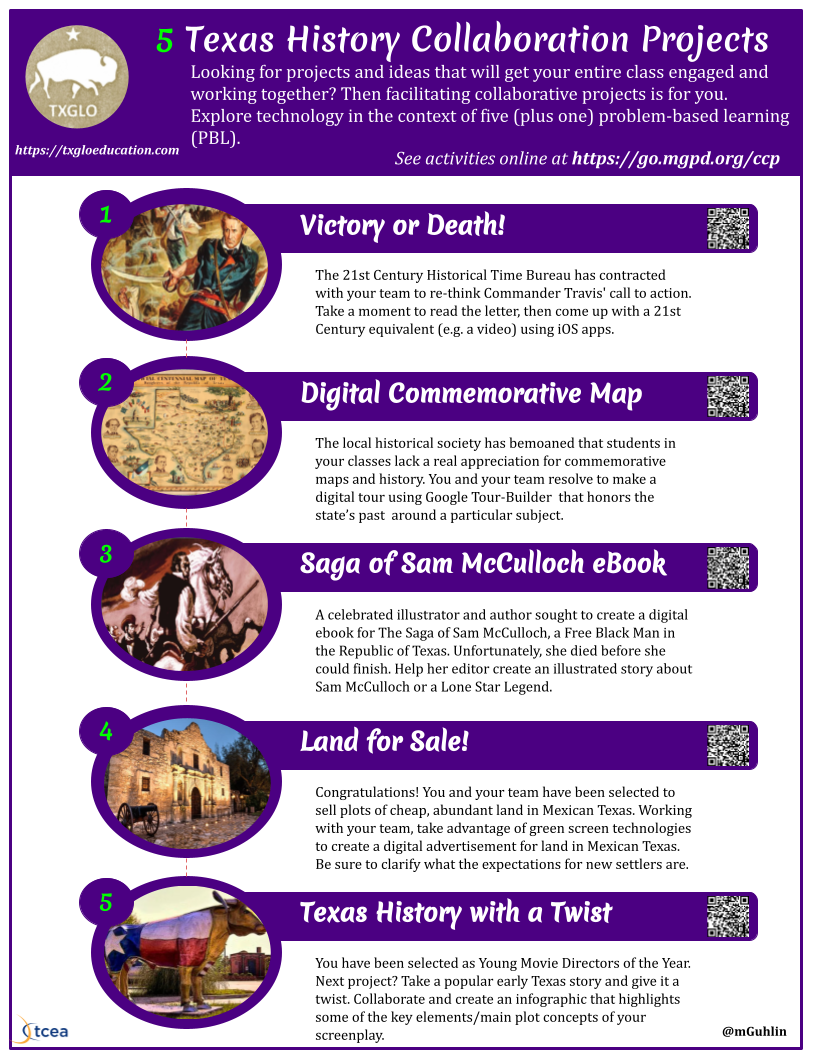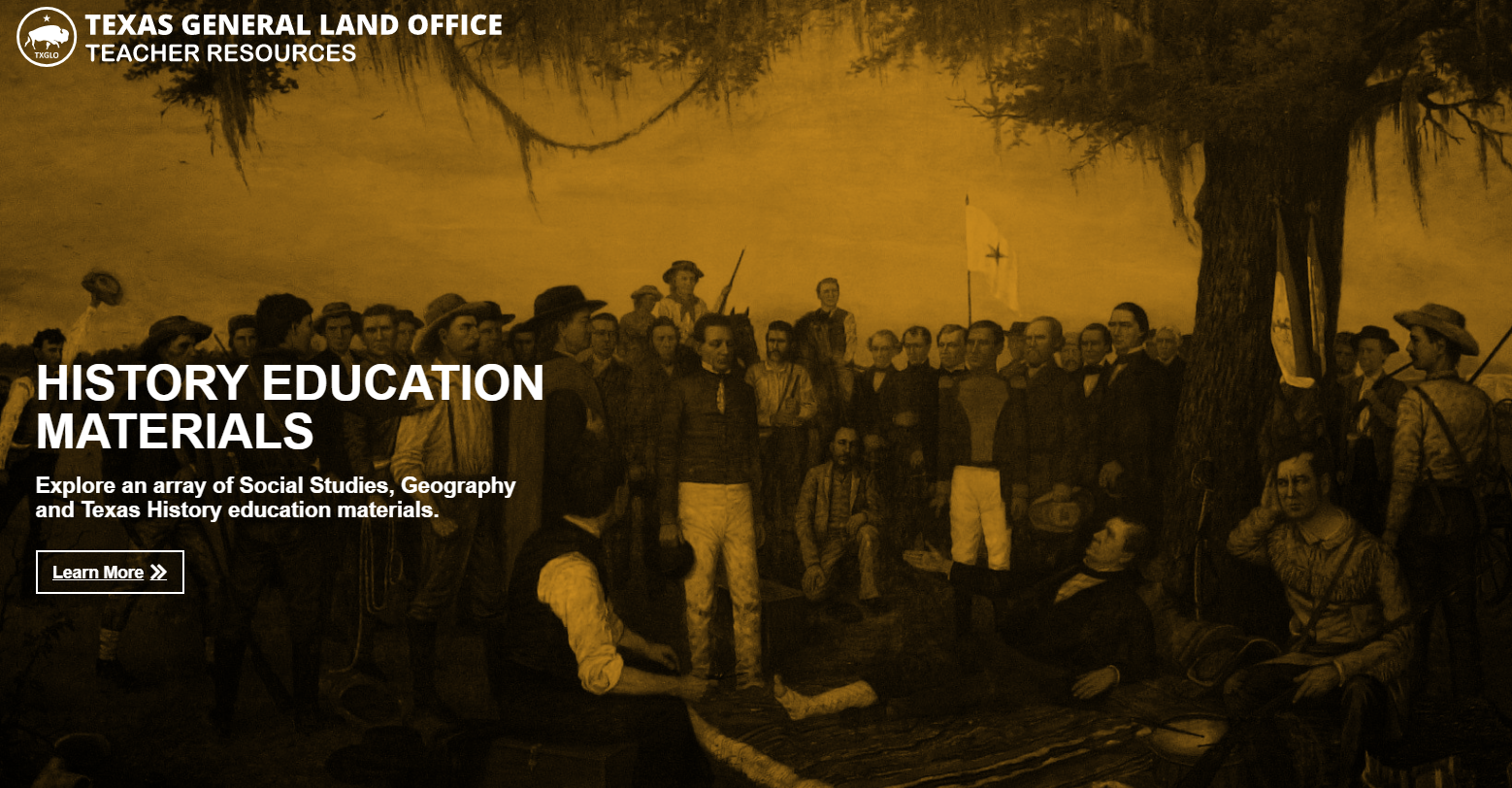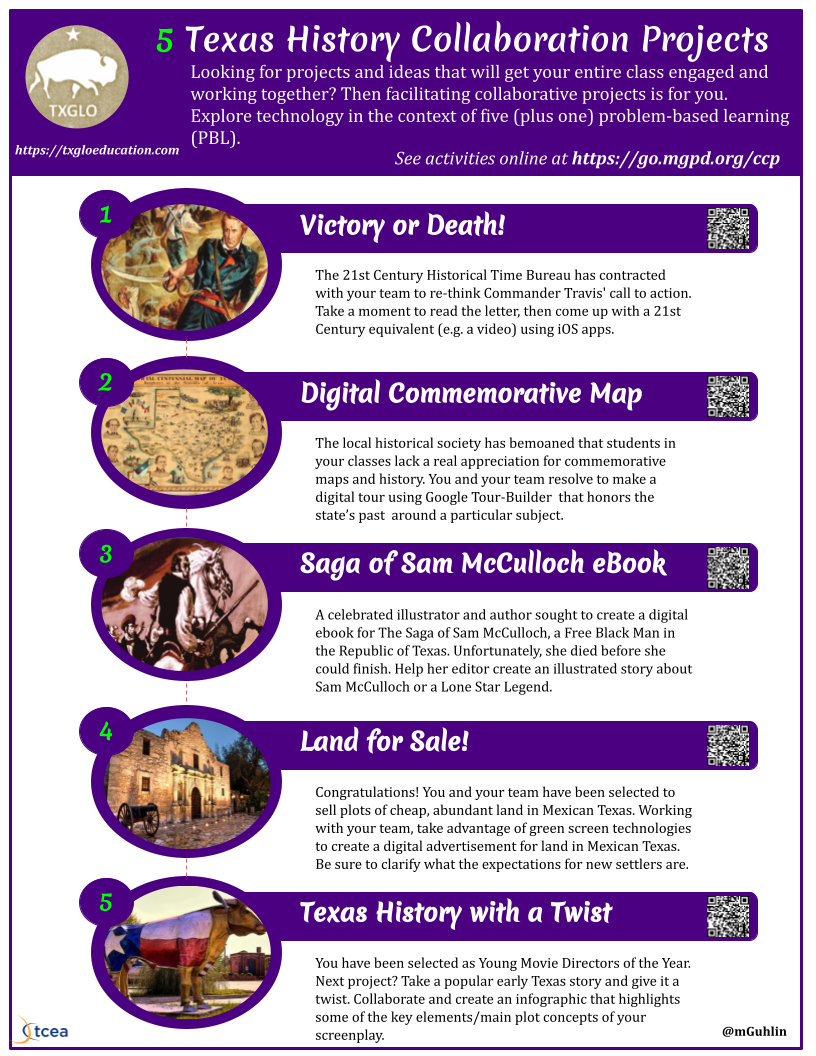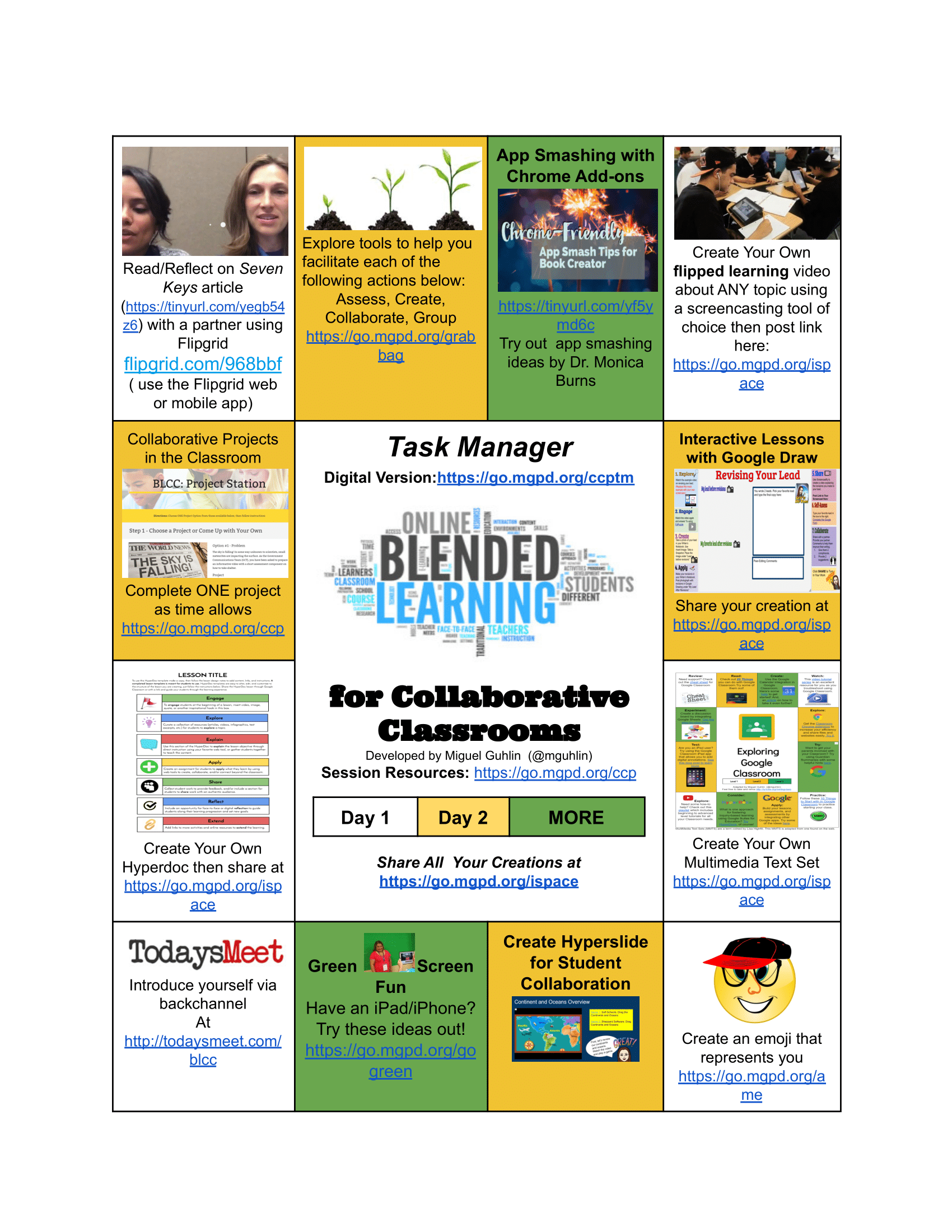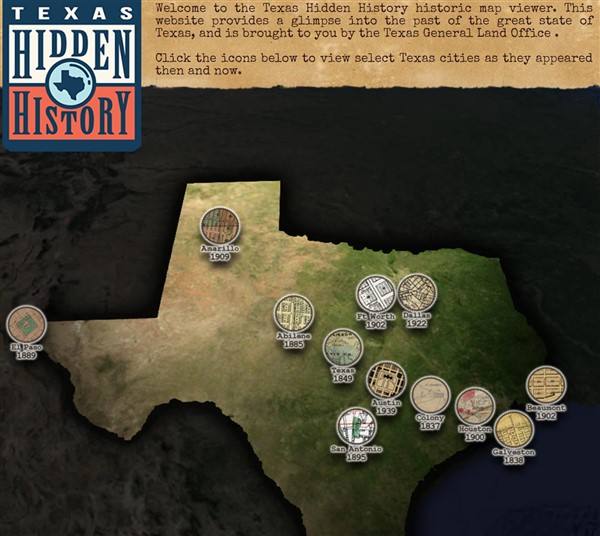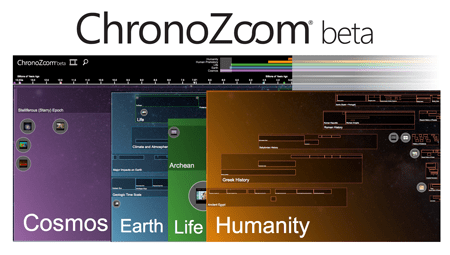Thanksgiving, despite not becoming a national holiday until the Civil War, is a time of year steeped in images of America’s colonial past. For educators at all levels hoping to use this time to delve deeper into the nation’s early history, there’s good news and bad news.
Studying American History
Studying American history — or any history, for that matter — can be a challenge. The world of the past, as continuous as it is with the present, is difficult to imagine, the lives of those before us hard to picture. And the farther back you look, the harder it might be for a student to grasp. The world of 1969 physically resembled today’s world in many ways. But the world of 1789? That’s a different story.
So, what’s the good news? As in so many aspects of education, ed tech is here to help. Not only can lesson plans, supplemental materials, and primary sources help students understand life in early American history, but modern resources can also help students experience some aspects of the period.
Here are some of favorite interactive resources to help students (and teachers) envision colonial American history.
Native American Heritage Month
The history of the early United States cannot be understood without understanding the North American peoples who lived in the Americas before European colonization, and who still live here today.
That’s why November is Native American Heritage Month. The celebration’s official website includes a broad array of resources, including Native Knowledge 360°, a project of the National Museum of the American Indian, which includes a wealth of fully-developed lessons, searchable by subject, grade level, and more.
Exploring Colonial America
The New York Public Library gathered a wealth of learning tools on their Selected Internet Resources in U.S. History page. While this page is no longer updated, it does link to The American Colonist’s Library, a massive repository of colonial-era primary sources.
The Library of Congress has a predictably huge and useful set of materials on early America, including:
- Collections: “Historical context and ideas for integrating individual digital collections of primary sources into instruction.”
- For Students: “Online activities and background information from the Library of Congress to help students learn more about Colonial and Early America.”
- Lesson Plans: “Use these lesson plans, created by teachers for teachers, to explore Colonial and Early America.”
The Junto describes itself as a blog “made up of junior early Americanists—graduate students and junior faculty—dedicated to providing content of general interest to other early Americanists and those interested in early American history. You can page through their back-catalog of pieces on digital history here.
The University of Houston’s Digital History project includes in-depth resources, outlines, and documents, as does the library site of College of the Mainland in nearby Texas City.
New York City public media’s 2004 program, “Colonial House,” in which participants live in the style of 1628, has spun off into a website with activities and lessons.
For the grab-bag approach, check out Education World‘s extensive list of online resources on the topic of colonial American history. You can also check out TeachingHistory.com‘s collection of resources on the era.
Early America on Video (and Audio)
Educators hoping to give students a living, breathing look at the 18th century should check out the YouTube channel run by Townsends, a producer of period-accurate historical recreation items from frock coats to stew pots. The episodes are usually hosted by the quietly charming proprietor Jon Townsend. Among the most popular videos are those in which Townsend cooks recipes from the colonial era using era-appropriate technologies.
Annenberg Learner also offers a video course on the period called “America’s History in the Making.”
Podcast fans might enjoy Ben Franklin’s World, an extensive series (274 episodes at the time of this writing) about almost every aspect of life in the Americas between the 17th and 19th centuries. And, if you’re a podcast lover, might we suggest TCEA’s Ed Tech Club?
Next Steps
If you’re interested in this topic, or just looking for more resources for this period in American history, you may want to look into the pages of the Omohundro Institute, the Society of Early Americanists (whose logo is, appropriately, a turkey), the Society for Historians of the Early American Republic (SHEAR), or the McNeil Center for Early American Studies.


